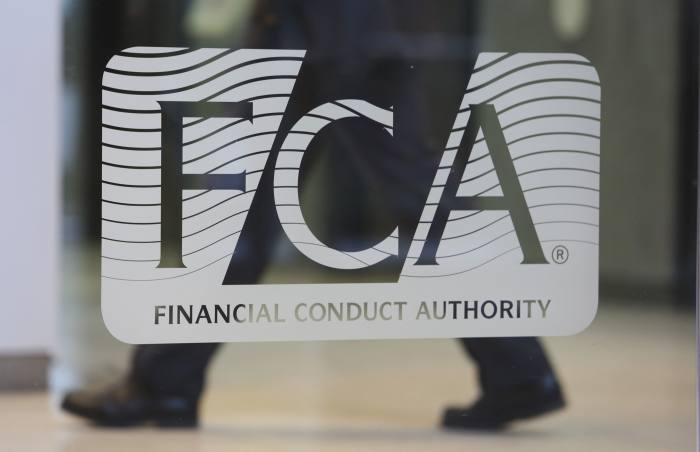
Discretionary fund managers are responsible for operating a model in accordance with the mandate and to deliver value for money from the investments selected to fulfil the asset allocation.
They are responsible for overseeing the performance, maintaining expertise and investment management competence, managing all portfolios in accordance with good governance principles, maintaining sufficient higher regulatory capital and ensuring periodic reporting to clients is provided.
There are significant regulatory filings required of a DFM and the Financial Conduct Authority’s senior management arrangements, systems and controls, and expectations, overarch all elements of the investment process.
As O-IM's chief executive Lewis Hamm explains, DFMs need to ensure all investment decisions, ongoing monitoring and portfolio rebalances are well documented, well researched and auditable.
He adds: “Although the adviser is responsible for assessing suitability and the investment advice to their client, the DFM needs to ensure the solution they are offering matches the risk profile of the client and any other investment considerations that are in place.
“Investment management PI cover is typically more expensive given the risks involved when managing an investment mandate.”
DFMs are set up to be tightly managed businesses with higher capital adequacy requirements – especially where they control and hold client assets and client money.
Mike Morrow, chief commercial officer at Parmenion, says managers looking after large sums in model portfolio services are highly qualified and maintain appropriate CPD.
This entails research and learning around developing trends in investment management.
Morrow adds: “The internal risk controls on investment decisions are robust in order for the individuals with SMCR responsibility for the FCA's ‘managing investments’ permission to do so safely.
“DFMs are fully responsible for investment outcome reporting. This can make adviser due diligence considerably more straightforward as ongoing requests for data, for the adviser to consider, should be met promptly and completely.”
Consumer duty
A big piece of regulation that is set to shake up the industry is the new consumer duty, with the policy statement and final rules expected at the end of this month.
The FCA has said it wants to see a higher level of consumer protection in retail financial markets, where firms compete vigorously in the interests of consumers.
It also wants to drive a healthy and successful financial services system in which firms can thrive and consumers can make informed choices about financial products and services.
In its consultation paper, launched in December, the regulator said while it saw a range of good practice by firms in retail sectors, with firms innovating to meet consumer needs, it also saw that firms were not consistently and sufficiently prioritising good consumer outcomes.
This caused consumer harm and eroded consumer trust.
The consumer duty will require all firms to ensure good outcomes for retail customers, enabling and supporting them to pursue their financial objectives.
All parties involved in the value chain – fund managers, DFMs, platforms and advisers – will have responsibilities to ensure these principles are met.









